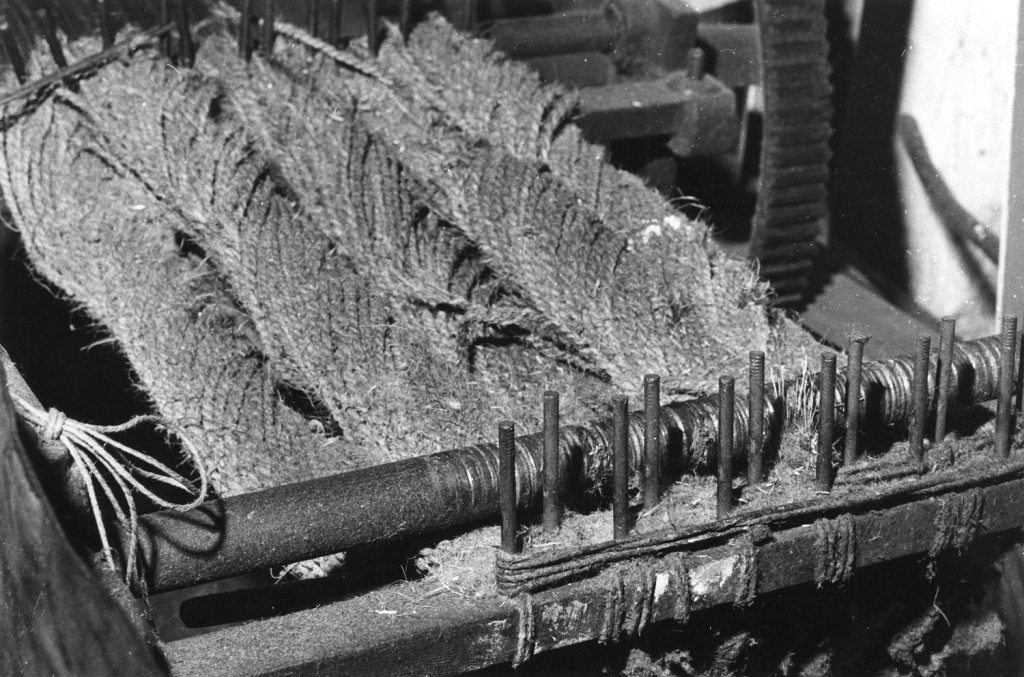Products and Markets
Image: Twine-making machinery at Lowe’s ropeworks, Bewdley in about 1973, showing multiple strands. Twine is one or more yarns twisted together. It is made of soft hemp, jute, manila or sisal.
[Image from: Bewdley Museum]
Records for the first three decades of Lowe’s existence are limited, but by the mid and late 19th century, the business was producing a diverse range of products which were sold in the West Midlands, elsewhere in Britain and exported to Europe and North America. As well as products for water transport and carpet making, cordage was being produced for hauliers (wagon ropes), local farmers (halters, reins, thatching yarn and matting), brass and tin-plate manufacturers (tarred rope, Gaskin for wrapping round the joints of machines and packing cord). One product in high demand from shopkeepers, traders and small businesses was twine for wrapping goods. Churches required grave ropes and bell ropes. I L Wedley noted that one speciality of the firm was “the beautiful velvet-like portions of the rope held by the ringers being known as “tafting.”
« Previous in this sectionNext in this section »Continue browsing this section
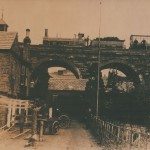 Rope Making
Rope Making
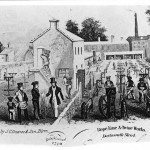 Rope Making and Bewdley
Rope Making and Bewdley
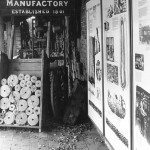 Lowe’s Rope and Twine Manufactory
Lowe’s Rope and Twine Manufactory
 Lowe’s Rope and Twine Manufactory
Lowe’s Rope and Twine Manufactory
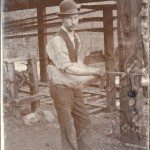 Work and Labour
Work and Labour
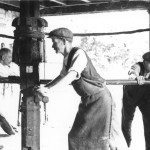 Work and Labour
Work and Labour
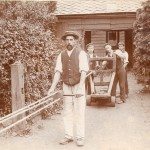 Products and Markets
Products and Markets
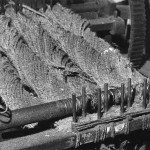 Products and Markets
Products and Markets
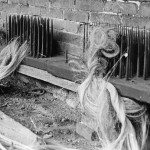 Rope Making: Dressing or Hackling
Rope Making: Dressing or Hackling
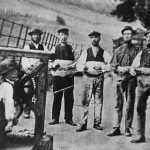 Rope Making: Spinning
Rope Making: Spinning
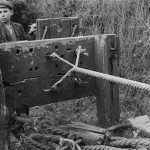 Rope Making: Laying the Rope
Rope Making: Laying the Rope
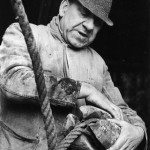 Rope Making: Inserting the Tops
Rope Making: Inserting the Tops
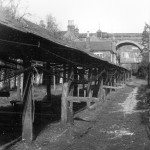 Rope Making: Stretching
Rope Making: Stretching
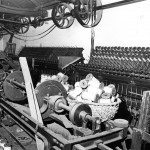 Rope: Making: Mechanisation
Rope: Making: Mechanisation
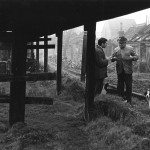 The Decline of Rope Making
The Decline of Rope Making



